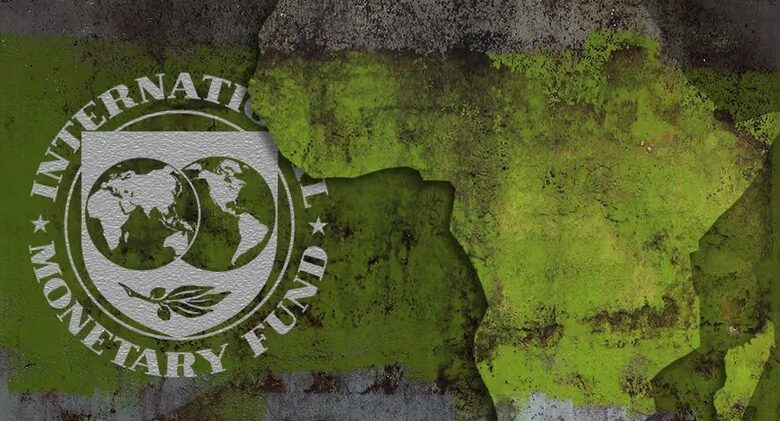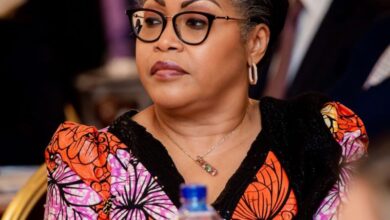Top 10 Countries in Africa with the Largest IMF Debt

In international finance, a significant debt to the International Monetary Fund (IMF) can be a double-edged sword.
While high IMF credit outstanding can provide crucial financial support to stabilize economies, it also brings substantial obligations and challenges that countries must navigate carefully.
The total debt owed to the IMF can balloon in response to extensive support, leading to economic constraints and other complications.
The Impact of High IMF Debt
A country with a high Total IMF Credit Outstanding level indicates substantial borrowing from the IMF that remains unpaid. This situation can have various repercussions:
Economic Reforms and Policy Adjustments:
High IMF credit is typically associated with IMF-mandated economic reforms. These reforms often involve economic restraint, structural changes, and initiatives to enhance transparency and governance.
Balance of Payment Issues:
Countries with significant IMF debt are likely to face major balance of payments problems, such as struggling to pay for imports or meet international financial obligations.
Economic Stabilization:
IMF loans are designed to stabilize a country’s economy, strengthen its currency, and restore investor and public confidence.
However, these loans can add to the country’s debt burden while providing immediate relief, necessitating careful budgetary planning.
Debt Management Challenges:
Managing high IMF debt requires meticulous fiscal planning, which can limit a government’s ability to fund development projects and social services. Additionally, countries must make regular interest payments on borrowed funds, impacting their overall budget.
Top 10 Countries in Africa with the Largest IMF Debt
Based on data from the International Monetary Fund, here are the top 10 African countries with the highest total IMF credit outstanding as of July, 2024:
Egypt: $10,289,637,512
Angola: $2,989,900,003
Kenya: $2,566,263,300
Ghana: $2,311,741,000
Cote d’Ivoire: $2,300,518,672
South Africa: $1,907,000,000
The Democratic Republic of Congo: $1,446,800,000
Morocco: $1,325,400,000
Nigeria: $1,227,250,000
Senegal: $1,170,315,000
Understanding the Implications
These figures reflect the extensive financial support these countries have received from the IMF to address economic challenges.
However, it also highlights the significant debt burden they must manage. Each of these nations faces the task of balancing economic stability and growth while adhering to IMF conditions and repaying their loans.
Also Read: ECOWAS Prepares to Launch Single Currency
Conclusion
The relationship between African countries and the IMF is complex, marked by the need for financial support and the challenges of managing substantial debt.
As these countries navigate their economic landscapes, the burden of IMF debt will continue to influence their fiscal policies and development strategies.
Understanding the nuances of this debt can provide valuable insights into these nations’ economic health and future prospects.




